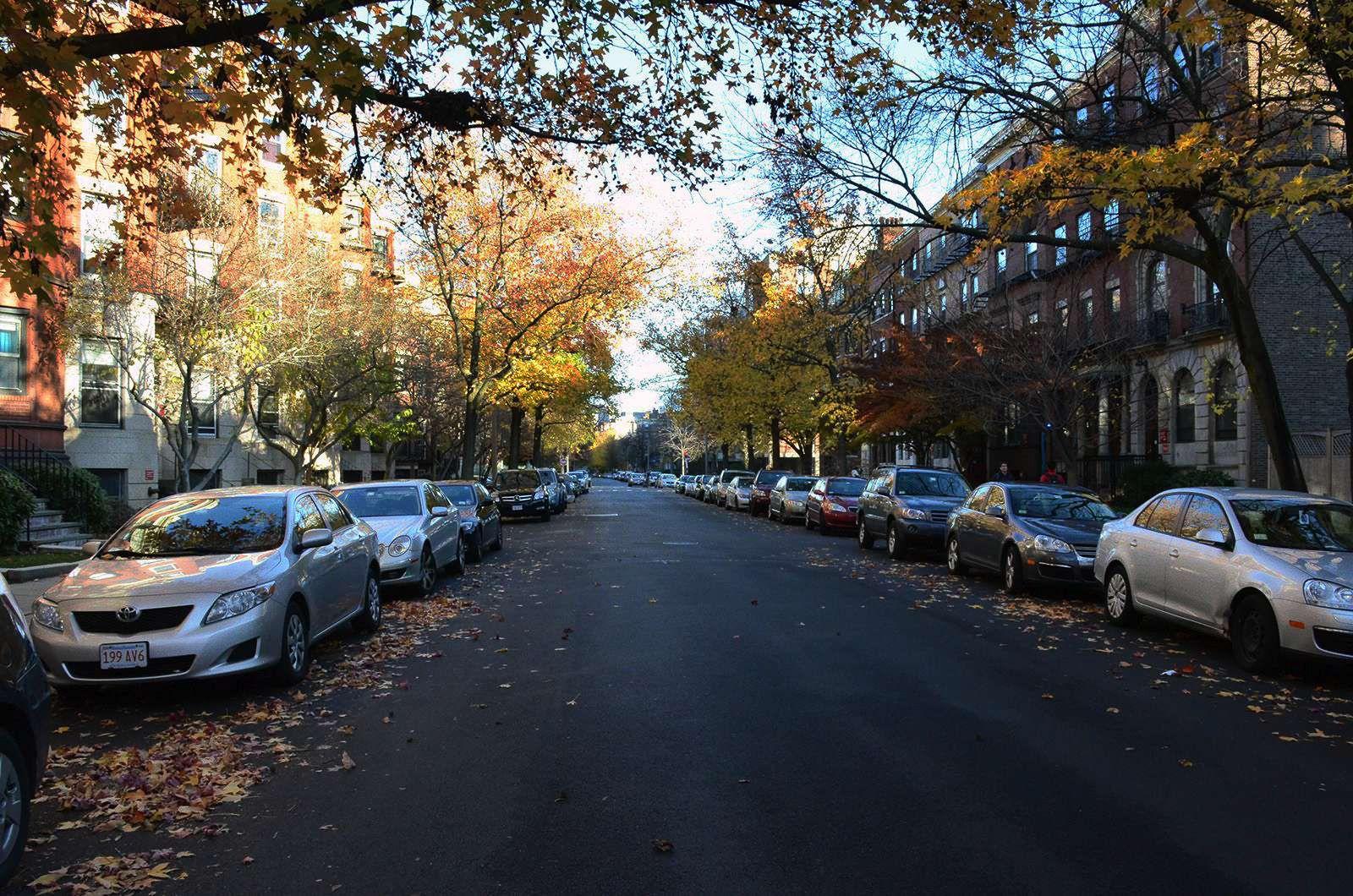As Public Safety Week comes to a close, Boston University caps off a week of calling attention to the various ways the school protects its students’ safety. However, one new little initiative was kept under the radar.
At Monday’s Student Government meeting, SG President Richa Kaul announced that BU had installed hidden cameras in the trees around campus as a way to monitor illegal action. Kaul obtained this information during a meeting she said she had with BU Police Department Deputy Director of Public Safety Scott Paré.
“I learned some interesting things [at the meeting], among the fact that there are now cameras on Bay State that are hidden in the trees to help sort of spot any issues that are going on there,” Kaul said. “So, that’s kind of a secret, so keep it on the down low, but I thought that was kind of funny. So, they have put in a lot of measures, whether we can see them or not, to help combat the safety issues going on.”
While it is strange that Kaul would announce this “secret” information at a Student Senate meeting if she had no intention of disseminating the information to students, it is even more odd that BU would keep this information confidential when safety is such a concern for students, parents and prospective students.
The Daily Free Press contacted BUPD to acquire more information about the cameras Kaul alluded to at the SG meeting. It turns out the cameras are not in the trees – although he did not specify their exact location – but installed in unspecified areas on Commonwealth Avenue, Bay State Road and in South Campus. Paré said BUPD placed them there to monitor suspicious actions from their dispatch center, so when they are called, they can look into the area and determine appropriate responses.
“They’re not hidden,” he said to The Daily Free Press. “The problem [is] a lot of Bay State Road is the trees, and when all the foliage comes out, it blocks some of the view. It’s not one of those Big Brother watching [situations]. It’s not like we’re watching our students. It’s for their safety.”
Increasing safety on campus is imperative, particularly during a time where every day brings a new report of robbery, rape or just plain foul play happening on and around college campuses. These cameras, although it is still unclear where exactly they have been installed, are a smart move toward preventing tragic consequences in the face of such crimes, and it is nice to know our campus is a little bit safer.
What isn’t as nice is that BU failed to inform their students of the cameras’ existence. Sure, some may find the idea of hidden cameras somewhat creepy, but in the end, most would probably feel safer knowing that BUPD could respond more quickly if a student is walking alone in the middle of the night and encounters an emergency. As BU was one of the 55 schools being nationally investigated for allegedly mishandling cases of sexual assault, this move toward street protection would likely have been applauded.
Harvard University has recently been under fire for installing hidden cameras on campus in their Spring 2014 semester to track class attendance through photos of students each day. Although Harvard had been taking pictures inside classrooms — a far more intimate setting than a street — they too failed to tell the student body, only to be met with criticism when the secret was uncovered. BU does not have to suffer the same backlash as Harvard when it is so easy to promote these cameras as a safety initiative, rather than a mode of stalking.
Equally disconcerting is the lack of communication between BU officials and SG. SG is supposed to serve as the liaison between the administration and the students, but Kaul was not even able to give an accurate report of these cameras when revealing the “secret” information to SG. Officials should be disclosing more inside information to SG, and in turn, SG should be disseminating more information to the student body outside of their internal meetings. Or even better, BU officials should provide this information directly to the students.






















































































































